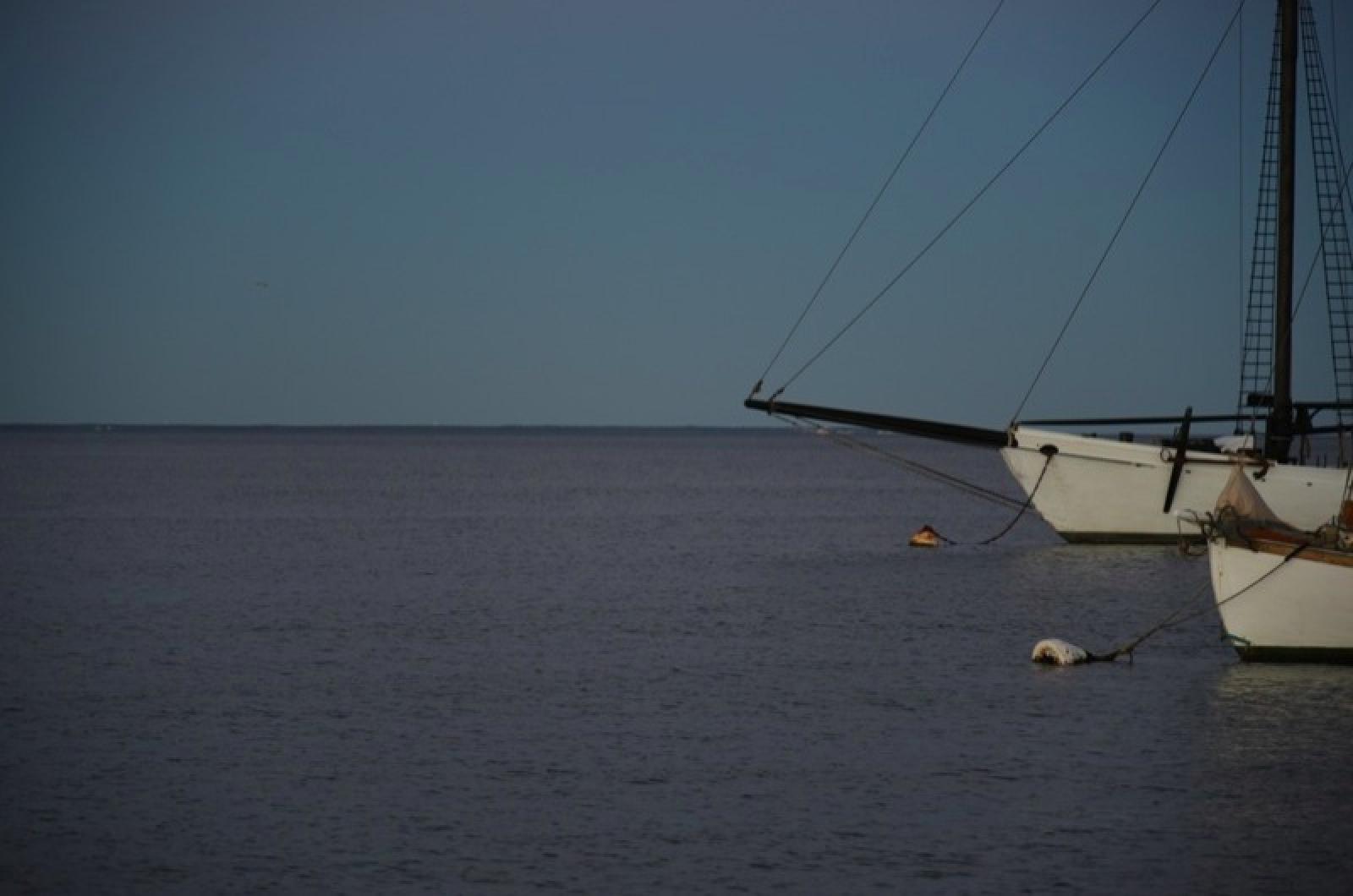From the Jan. 3, 1941 edition of the Vineyard Gazette:
Once more a shadow line is crossed and we face a future which, because of the arbitrary arrangement of our calender, seems fresh. Wednesday was fresher and newer than other days, and this weekend is fresher and newer, because the year has changed overnight.
The whole thing is that when a new year begins, we all seem to have another chance, and another chance is what almost everyone most desires. What shall be done with it that we did not do with the old year, the one which has just been used up?
Things which will count most in 1941 will be the permanent things, the investments of time and labor, and to a certain extent of money, in Island agriculture, Island fisheries and other productive pursuits. This is because production is basic, more basic than anything else, and anyway we have few choices because of our insular position. We need to get back to the land and back to the sea, and there we shall be secure.
It is a mistake to think at once in large terms, for this sort of thinking discourages the small beginning, which is important. The beginning is the hard thing, and there is always too much temptation to put it off.
Will we get down to new productive enterprises in 1941, or twelve months from now will we still be looking for a new year and another chance?

A sign of the changing times was seen in the appearance of the Vineyard Haven waterfront on Tuesday. The heavy westerly winds and rising sea had brought a fleet into port for shelter, the largest fleet that has laid alongside the wharf in many a day. No less than nine sail were alongside, and the traditional “masts standing as thick as a cedar-swamp,” was once more seen in modified form.
The fleet consisted of six fishing schooners, all of New Bedford, the Island-owned coaster, Alice S. Wentworth, the Island freighter, Eben A. Thacher, and the newly purchased fisherman, Dickenson, owned by Capt. Bradford Cleveland. There were, in addition, some smaller craft which swelled the number, and likewise a few locally-owned fishing boats at the town pier nearby. But the majority of the fleet was composed of deep-legged craft, designed for venturing into blue water, far from land.
In this scene, the mark of changing times was apparent to the older men who frequent the wharves. Only a few years ago, this wharf would have been lined with towboats, while their barges lay at anchor in the roadstead. Within the past fifteen years, as many as eleven ocean going tugs and probably three times that number of barges, have found shelter in the harbor at once. Today, the arrival of a tug is an event; not only is coastwise tugboating virtually extinct, but the coal-carriers have little need to seek shelter in anything but the most severe weather.
Only the oldest of the local inhabitants can recall when coasting was at its peak, with perhaps a hundred sailing vessels lying at anchor at a time, and the nearby Sound white with commercial sails as they went on their way.
Today the coastwise cargo carriers are steamers for the most part, passing and repassing daily, almost hourly at times, but seldom stopping. In the lack of ‘longshore activity, there is cause for mourning among those who recall other days, and all who remain will flock to the waterfront to see the occasional coasting schooner head in and come to anchor with a slatting of canvas and a roar of chain cable in the hawse-pipe.
There is, therefor, a heartening interest in the fishing fleet, particularly the larger vessels, whose arrivals at Island ports are on the increase. They are not the lofty, graceful vessels of other days when sail was the only motive power. There is a lack of grace and flexibility in their sturdy, business like hulls and short, inboard rigs. There is a confusing snarl of gear about their decks, a puzzle to older sailors and fishermen who never knew the convenience and labor saving capabilities of power-winches and their attendant gadgets.
But they are vessels; husky, powerful vessels, aboard which husky men earn their livelihood, and the hearts of the old-timers go out to all members of this clan regardless of the type of craft on which they sail. The music of clucking halliard-blocks, or the even more musical “tink-tink” of hand-pumped windlass pawls, possessed a harmony that is not to be found in the thrumming of diesel engines, exhausting as they are being warmed-up preparatory to sailing, and in the language of the docks, there is such a change from the ancient nautical to the modern mechanical that men of different generations converse in different tongues.
But again, vessels are vessels and sailors are sailors. On these shores where generations of sea-farers have walked to and from the tide for centuries, there will always be an outstretched hand of welcome and a hearty hail of greeting for all those who come from the sea.
Compiled by Hilary Wall
library@mvgazette.com




Comments (1)
Comments
Comment policy »